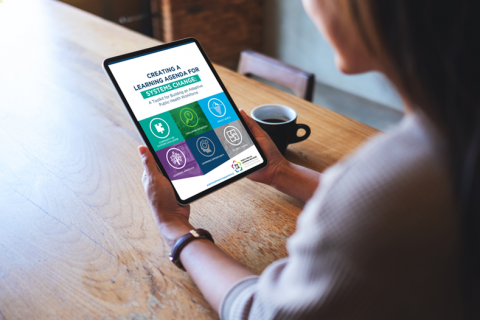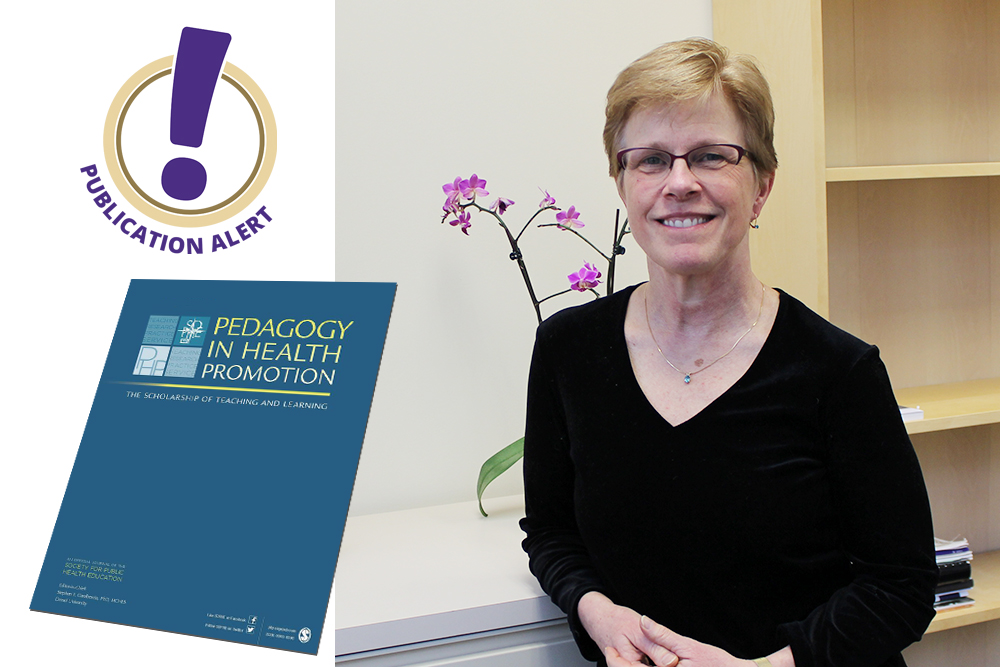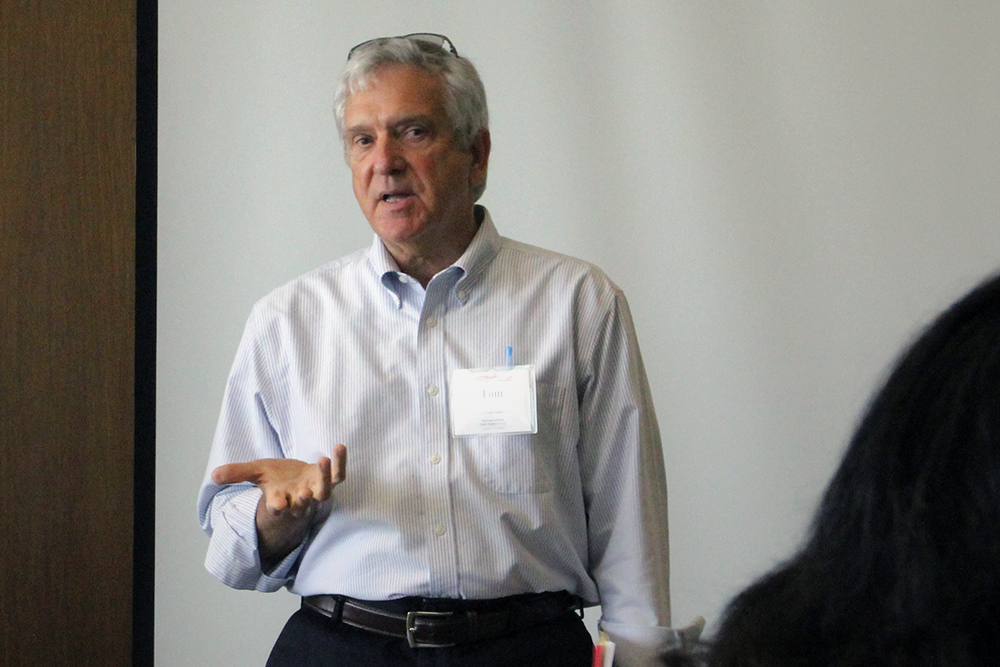
Updated February 11, 2021
Today’s challenges, like climate change and COVID-19, are complex and require public health professionals to lead large-scale changes that no one person can solve alone.
They also require an adaptive public health workforce with diverse knowledge and skills to respond to evolving issues, engage in collective learning, and intervene at organizational, community, and systems levels.
The Public Health Learning Network acknowledges the enormity of this task and has developed a new framework and other tools for doing the work. You can find it all in their new resource, Creating a Learning Agenda for Systems Change: A Toolkit for Building an Adaptive Public Health Workforce.
Recognizing that individual skill building is important but often insufficient for supporting an adaptive workforce, the toolkit helps leaders think beyond training for individual competencies and instead facilitate organizational learning in response to community health needs. The framework embedded in the toolkit helps workforce specialists understand and define public health problems, align the problem with the type of change needed to address it—like increasing knowledge or addressing social norms—and recommend complementary learning strategies to tackle the problem with a vision of addressing systems change.
The toolkit also includes problem-solving tools for moving these concepts into action. The rapid self-assessment helps organizations identify community challenges and examine their current learning state to address them. The discussion guide helps leaders facilitate conversations as they move through each step of the framework. And the learning approach planning tool assists in designing learning opportunities that best fit the community challenge and desired level of impact.
“We want public health leaders and their partners to use this toolkit as a catalyst for their design thinking and planning to change the way their organizations approach learning. This is critical for building learning strategies that can facilitate more ongoing innovation in today’s public health workforce,” said Christina Welter, DrPH, MPH, lead author of the toolkit and associate director for the Policy, Practice, and Prevention Research Center at the University of Illinois at Chicago School of Public Health.
Are you ready to take your organization’s training and learning to the next level? Visit the Public Health Learning Agenda and download a copy of the toolkit today.
Interested and want to know more before you begin? Watch an archived recording of the kick-off webinar and hear more about how these concepts and tools fit together and about future pilot testing for the toolkit.
The Public Health Learning Network is a national coalition of 10 Regional Public Health Training Centers and their partners organized to meet public health workforce development needs.


